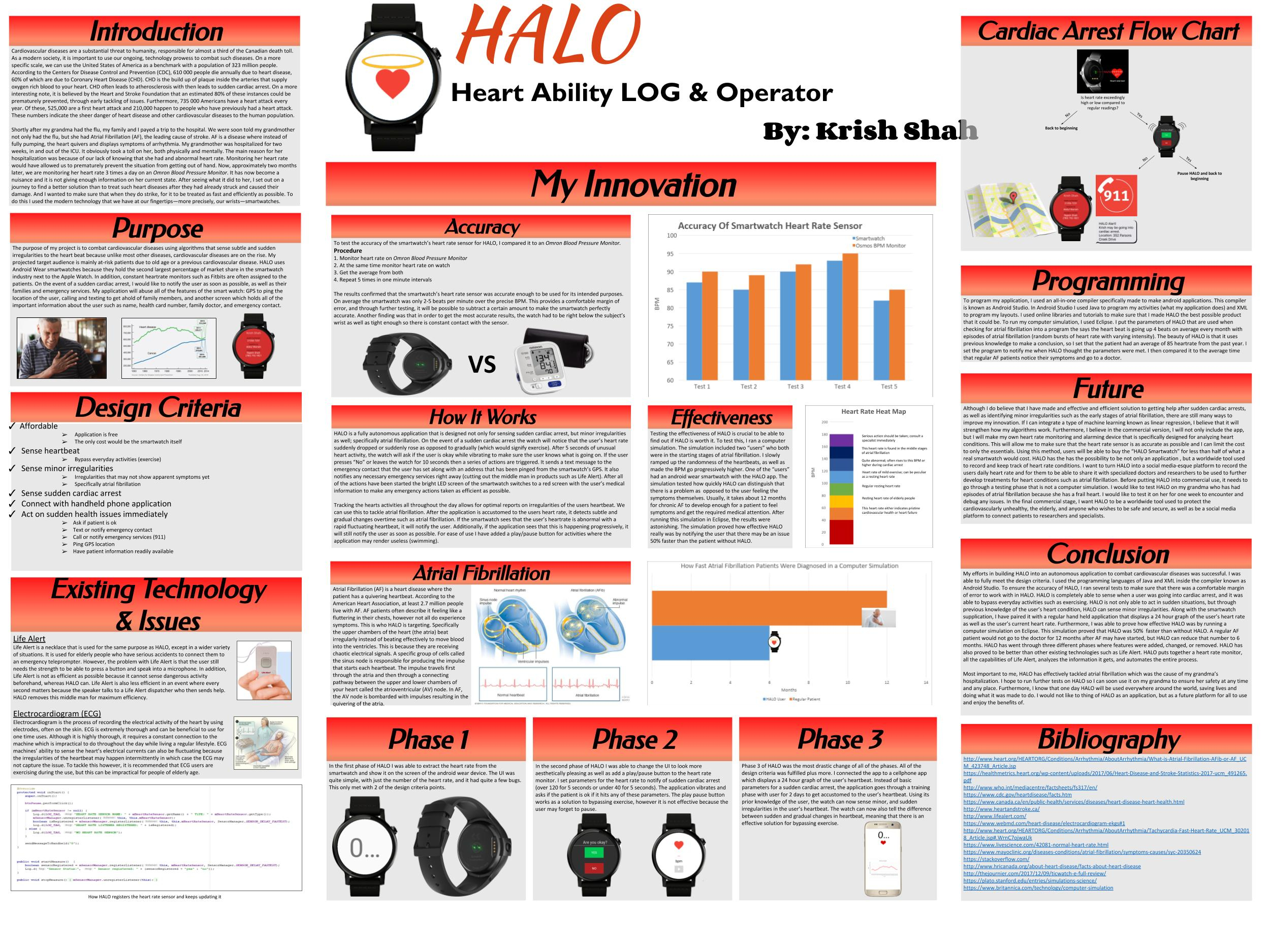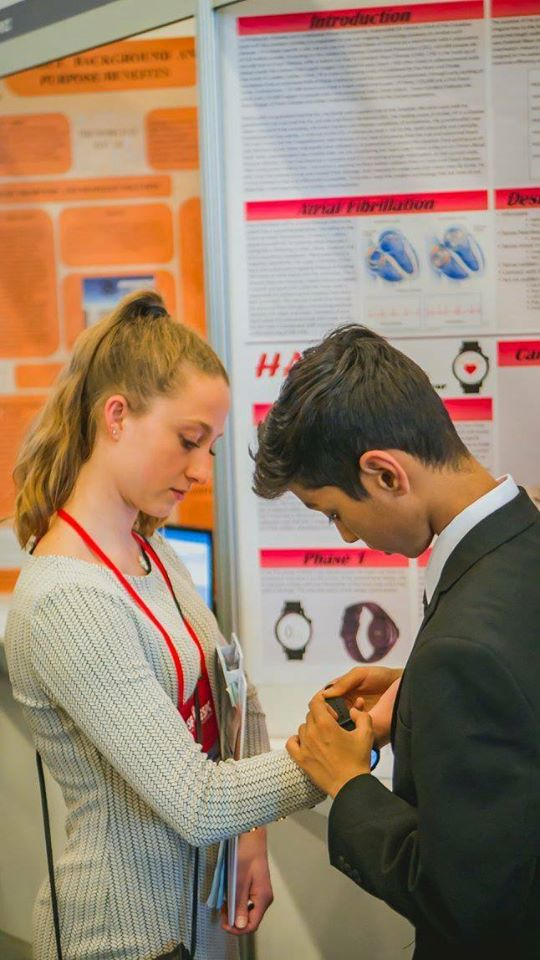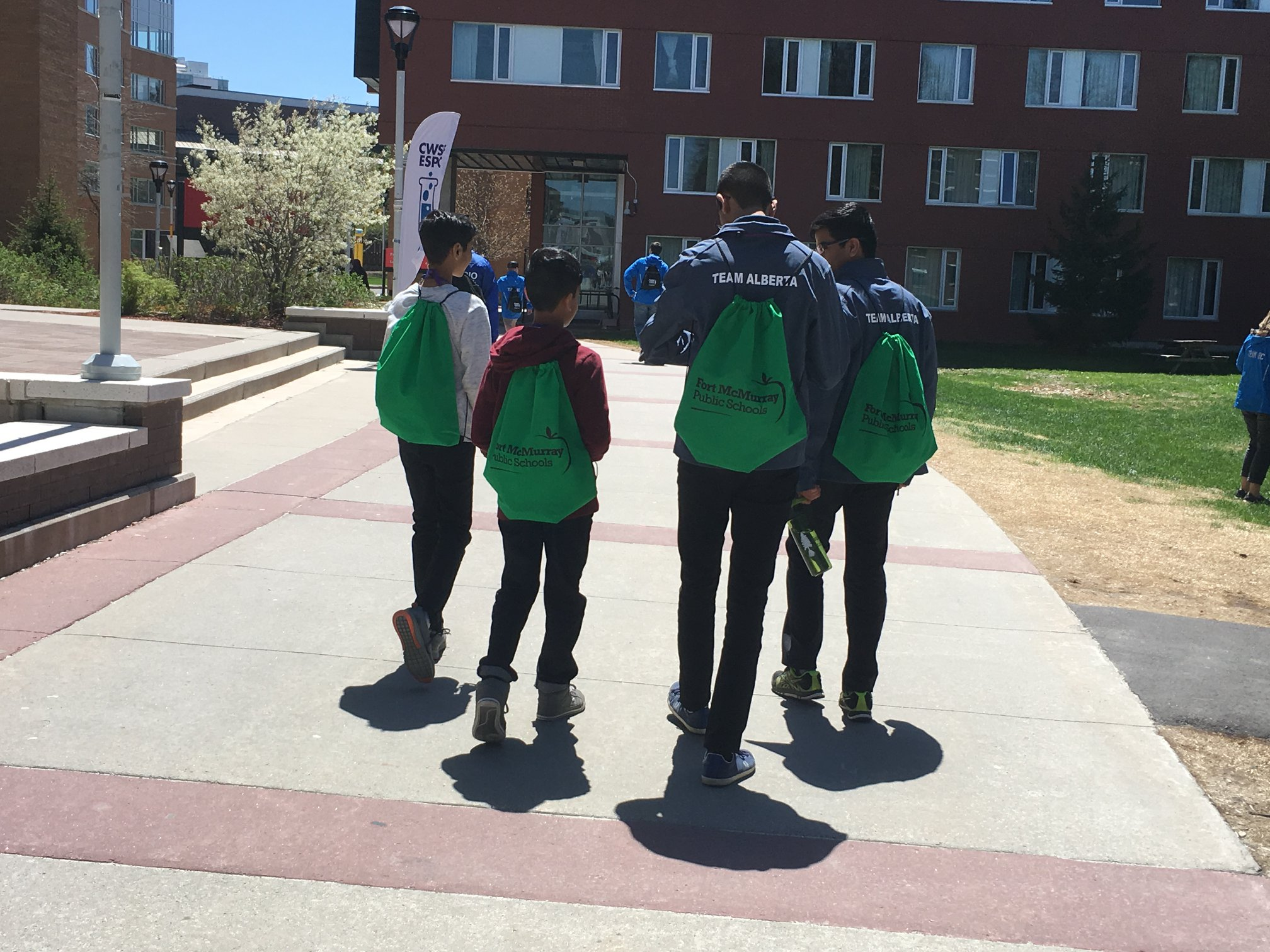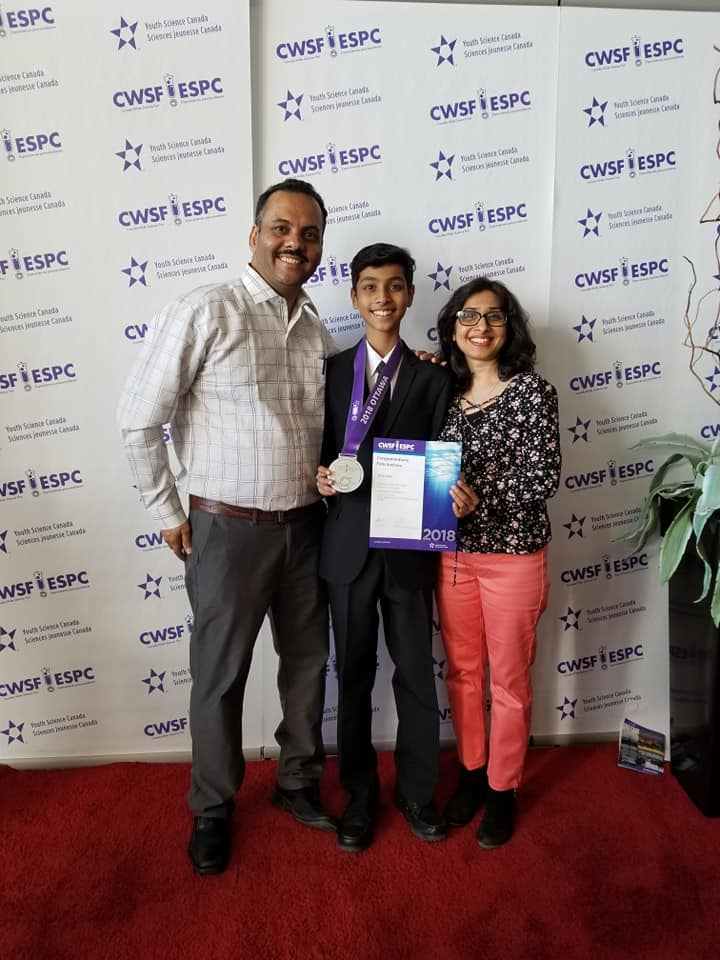 https://secure.youthscience.ca/virtualcwsf/projectdetails.php?id=5810&
https://secure.youthscience.ca/virtualcwsf/projectdetails.php?id=5810&
Shortly after my grandma had the flu, my family and I paid a trip to the hospital. We were soon told my grandmother not only had the flu, but she had Atrial Fibrillation (AF), the leading cause of stroke. AF is a disease where instead of fully pumping, the heart quivers and displays symptoms of arrhythmia. My grandmother was hospitalized for two weeks, in and out of the ICU. It obviously took a toll on her, both physically and mentally and I could see that in her. The main reason for her hospitalization was because of our lack of knowledge that she had an abnormal heart rate. Monitoring her heart rate would have allowed us to prematurely prevent the situation from getting out of hand. Constantly monitoring her heart rate and blood pressure became a nuisance and was not giving enough information on her current state. After seeing what it did to her, I set out on a journey to find a better solution than to diagnose such heart diseases before they had already struck and caused their damage. And I wanted to make sure that when they do strike, for it to be treated as fast and efficiently as possible. To do this I used the modern technology that we have at our fingertips–more precisely, our wrists–smartwatches. I grasped the opportunity as soon as I saw it and got straight to work. I developed an application for android wear smartwatches that autonomously detects whether the user is going through cardiac arrest or has a cardiovascular disease, such as atrial fibrillation, where symptoms may not be apparent and immediately takes action on them such as notifying emergency services with the user’s GPS location.
Awards:
Canada Wide Science Fair – Silver Medal
Canada Wide Science Fair – Challenge Award
Regional Science Fair – Gold Medal


